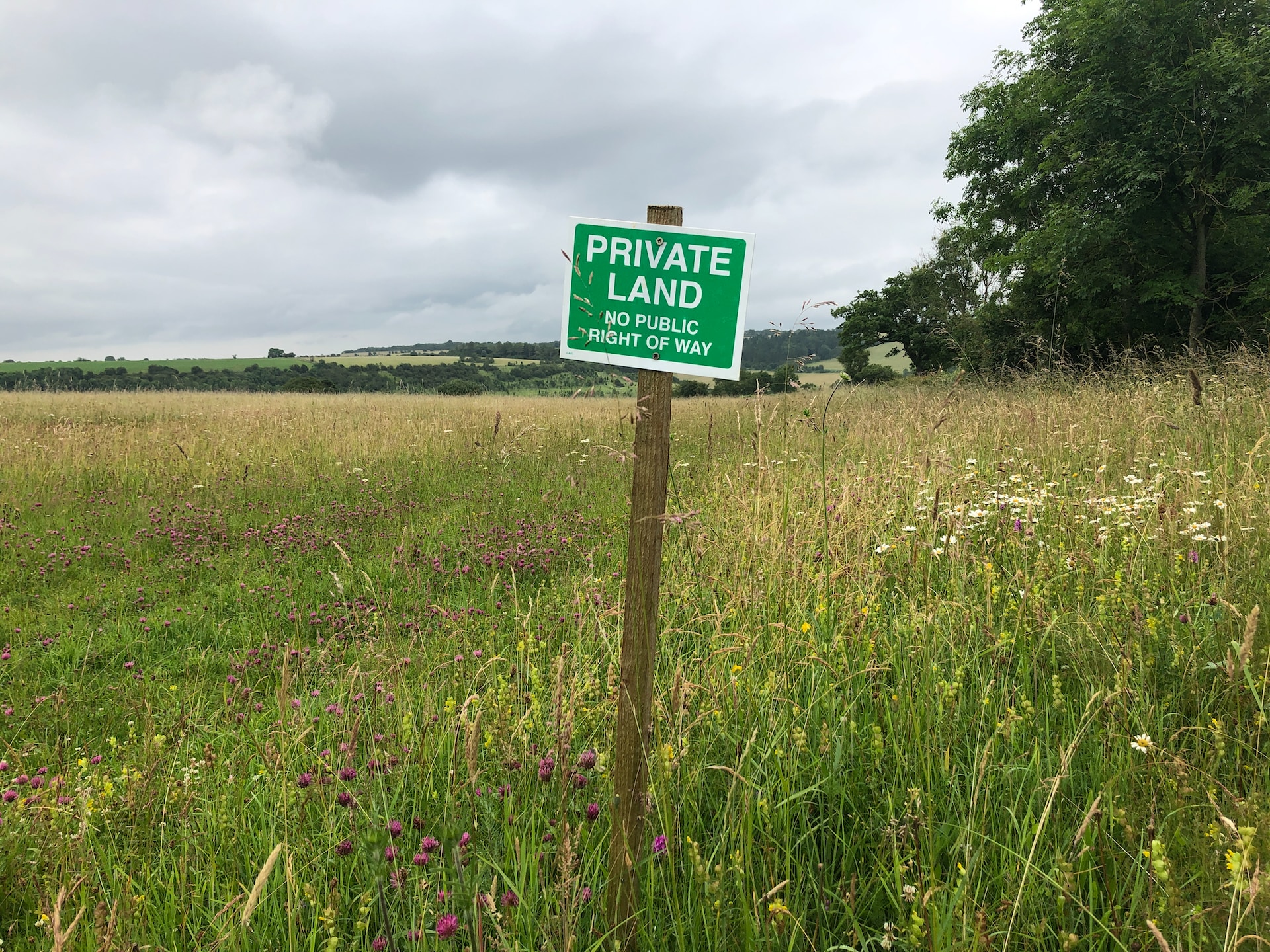Things to Consider Before Buying Land in Goa
By sanjit Posted 14-08-2023 Architecture
Purchasing a piece of land, whether to build a home or a commercial building, is a big decision. And every major decision is made after all the doubts and questions are answered. Prospective buyers think that the location of the property is the most important aspect of an investment. However, there is more to it than that. There are a myriad of questions and elements that prospective buyers and investors need to consider to make the most optimal decision. The buyer needs to evaluate the market, zoning regulations, potential environmental concerns, property history, future development plans, and infrastructure access, among others. Conducting a complete background check is essential before purchasing the land.
Make Sure to Lawyer Up
Engage local lawyers to assist you with the legal requirements, as they will be more familiar with the laws, procedures, and any workarounds that may be needed. Consider onboarding two lawyers or obtaining two legal assessments before investing in a property. Employ a seasoned lawyer affiliated with a bank, as the affiliation would make the title report a valuable asset to the bank. This move also accelerates the loan process when purchasing the property. In addition to this, employ a junior lawyer to make certain that it is a secure transaction, legally as well.
Get a Lay of the Land
Conduct a physical survey of the land or property and its surrounding area as well. Also, establish a connection with the locals and check with them for any additional information that they may be able to provide. Getting to know the people of the place and making them an ally is an active step toward becoming a part of the community.
While investing in a prime location equipped with supermarkets, hospitals, medical stores, and schools is ideal, also visualise what the long-term view of your investment will evolve into. Onboard a surveyor to help with checking whether the property boundary is encroaching on any other property or if the neighbouring properties are encroaching on yours. Surveyors do this by superimposing the drawn-out property plans over the government plans.
Furthermore, when conducting a reconnaissance of the property, check for road accessibility or whether it needs an entrance pathway to be put in place. Sometimes, the property may be ‘landlocked', which means that the only access to the property is through another property. Conduct proper onsite research.
Streamline Costs and Prepare Timeframes
Allocate a budget and time for all the property approvals. These approvals may entail visiting the town and country planning committee, obtaining a completion certificate, submitting an application for revision plans, or obtaining a fitness certificate that ensures the property is habitable for the future owner.
Some of these certifications, approvals, and administrative tasks are done by local authorities like the Panchayat (a localised village government body), Mamlatdar (a gazetted officer of an Indian state government), and Talati (a village accountant).
If the property is in a green zone, then the buyer needs to get approvals from the forest and agricultural department. Furthermore, obtain the necessary certifications from the electricity and pollution control boards.
If it is a previously owned property, acquire the previous ownership documents before the sale. Tax-paid receipts, a NOC to transfer the electricity and house tax to the new owner’s name, and the latest Nil encumbrance certificate may be needed as well. It is imperative to outline the costs and time dedicated to getting these approvals and certifications in place.
Connecting with the Right Builder
Before going ahead and finalising any deal with the builder, conduct proper research and collect the necessary data for better decision-making. Compare the builder’s past records with commitments and deadlines, check the developer ratings, check out their past projects, and collect all possible information about their financial health. This will help accelerate and finalise the decision.
Investing in a piece of land offers lucrative opportunities, but thorough research and consideration of the key aspects are essential to making an informed decision and mitigating any potential risks.
This site uses Akismet to reduce spam. Learn how your comment data is processed.


